American country music singer Lee Ann Womack’s song “I Hope You Dance” is one of my favourite songs for uplifting myself during trying times. Womack sings, “I hope you never lose your sense of wonder.” I love the song’s uplifting message of faith and not forgetting to live with wonder. She reminds us to dance and wander, especially in a world constantly trying to make us live an unexamined script. As children, we live every moment with joy, curiosity, and wonder. However, with time, we get domesticated, indoctrinated, programmed, and imprinted with the societal script of what it means to grow up.
I hope you never lose your sense of wonder. You get your fill to eat, but always keep that hunger. May you never take one single breath for granted. God forbid love ever leave you empty-handed. I hope you still feel small when you stand beside the ocean. Whenever one door closes, I hope one more opens. Promise me that you’ll give faith a fighting chance. And when you get the choice to sit it out or dance. I hope you dance.
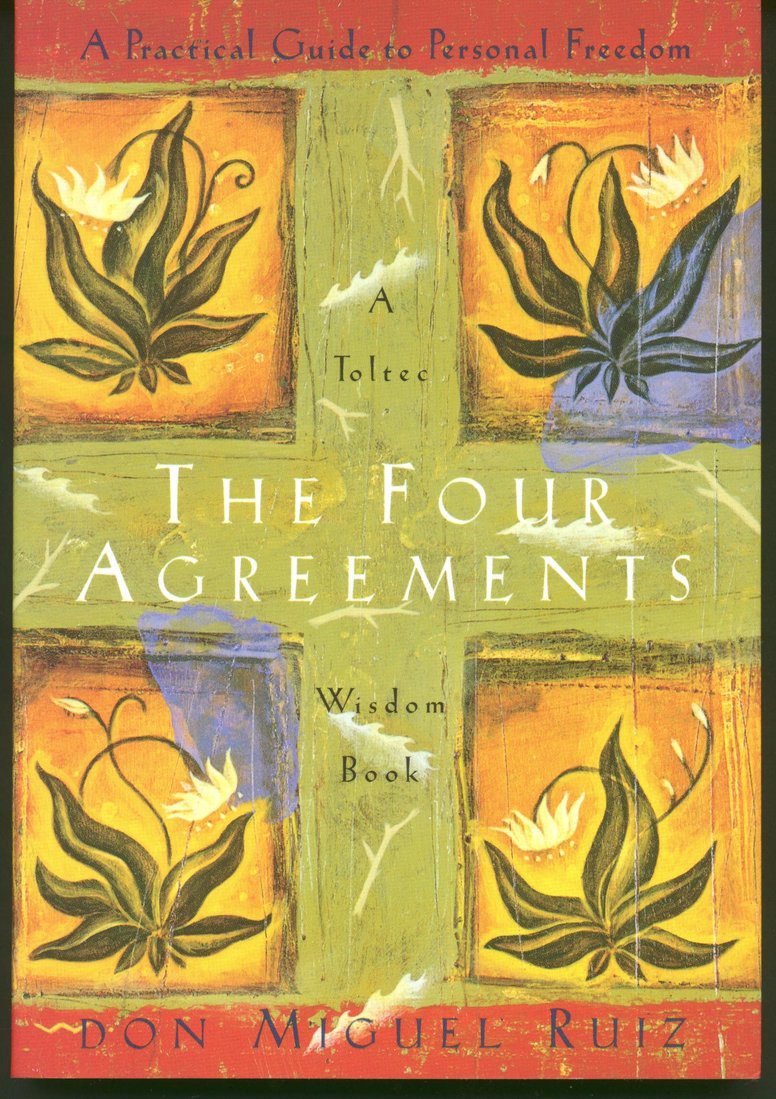
Domestication of the Human Mind 1
Children are domesticated the same way that we domesticate a dog, a cat, or any other animal. In order to teach a dog we punish the dog and we give it rewards. We train our children whom we love so much the same way that we train any domesticated animal: with a system of punishment and reward. We are told, “You’re a good boy,” or “You’re a good girl,” when we do what Mom and Dad want us to do. When we don’t, we are “a bad girl” or “a bad boy.”
When we went against the rules we were punished; when we went along with the rules we got a reward. We were punished many times a day, and we were also rewarded many times a day. Soon we became afraid of being punished and also afraid of not receiving the reward. The reward is the attention that we got from our parents or from other people like siblings, teachers, and friends. We soon develop a need to hook other people’s attention in order to get the reward
All our normal tendencies are lost in the process of domestication. And when we are old enough for our mind to understand, we learn the word no. The adults say, “Don’t do this and don’t do that.” We rebel and say, “No!” We rebel because we are defending our freedom. We want to be ourselves, but we are very little, and the adults are big and strong. After a certain time we are afraid because we know that every time we do something wrong we are going to be punished
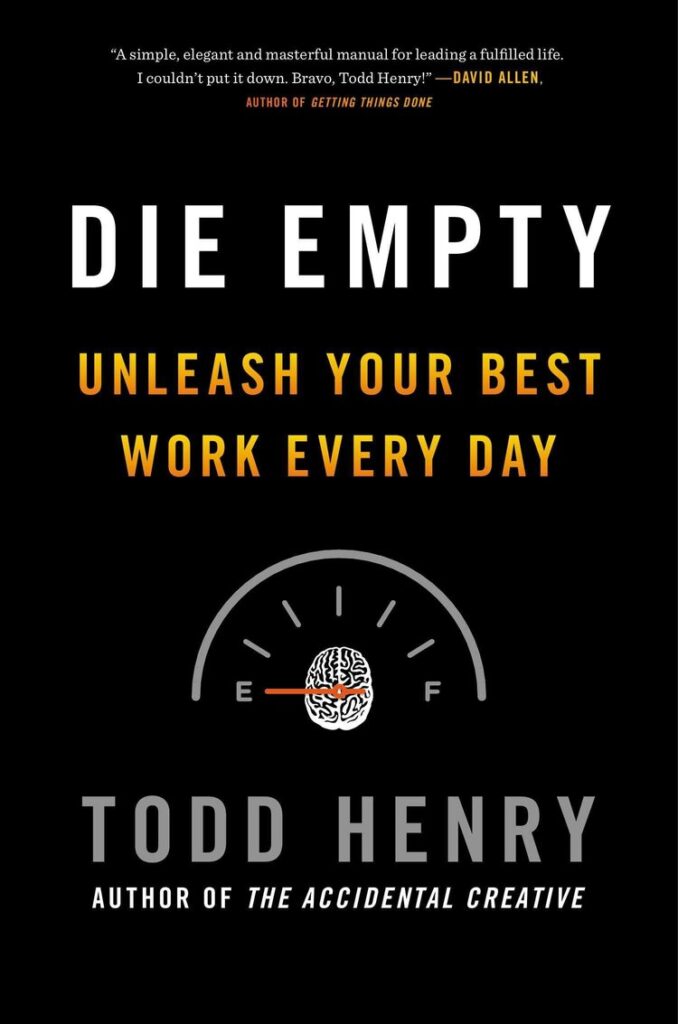
Don’t Lose your childlike curiosity 2
As a child, curiosity comes naturally. Even though the pursuit of new knowledge is work, it doesn’t feel like work. The world is a child’s laboratory, and everything is mysterious. As our minds begin to consolidate our imaginary and real experiences into one cohesive view of the world, our neural networks form patterns of understanding that help us predict what will happen next, mostly so that we can learn to spot opportunity and danger.
We see everything unfamiliar within the framework of what we already know, and we discard information that isn’t relevant. While these winnowing filters may allow us to process and assimilate new information more efficiently, they also create conceptual boxes that we have to work hard to push out of if we want to reclaim that sense of wonder. We must build disciplines that help us stoke our innate curiosity and allow us to embrace mystery.
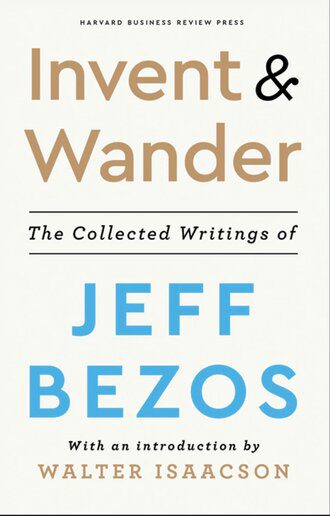
The founder of Amazon.com, Jeff Bezos, is a proponent of wandering and not losing a sense of wonder. In his book, Invent and Wander: The Collected Writings of Jeff Bezos 3, he writes:
I believe in the power of wandering. All my best decisions in business and in life have been made with heart, intuition, and guts, not analysis. When you can make a decision with analysis, you should do so, but it turns out in life that your most important decisions are always made with instinct, intuition, taste, and heart.
Sometimes (often actually) in business, you do know where you’re going, and when you do, you can be efficient. Put in place a plan and execute. In contrast, wandering in business is not efficient—but it’s also not random. It’s guided—by hunch, gut, intuition, curiosity, and powered by a deep conviction that the prize for customers is big enough that it’s worth being a little messy and tangential to find our way there. Wandering is an essential counterbalance to efficiency. You need to employ both. The outsized discoveries—the “nonlinear” ones—are highly likely to require wandering.
“ We have some very specific ideas about what we want to do, but I believe in the power of wandering.”
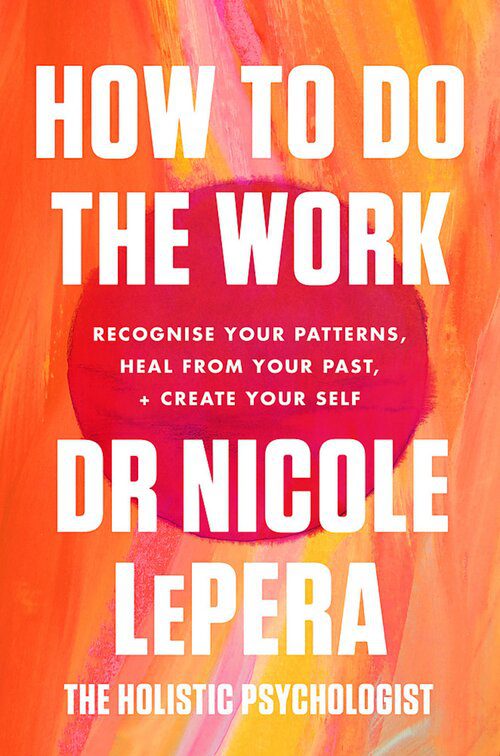
The fourth pillar 4, one of the ultimate goals of the work, is to rediscover our childlike sense of wonder. This state is made up of a combination of creativity and imagination, joy and spontaneity, and, of course, playfulness.”
Psychiatrist Stuart Brown, author of Play: How It Shapes the Brain, Opens the Imagination, and Invigorates the Soul, called play a “public necessity” after he studied the lack of play in the childhoods of young men who went on to commit homicidal acts. He’s since studied the role of play in the lives of thousands of people and has found that a life lived without play contributes to the development of depression, chronic stress-related illnesses, and even criminal behaviour. “A lack of play should be treated like malnutrition,” he wrote, “It’s a health risk to your body and mind.”
As adults, it’s crucial for us to prioritize the things in our lives that bring us joy in ourselves, not because of any secondary gains (money, success, adoration). We can help reengage our sense of childlike wonder by streaming our favourite music and dancing or singing freely. We can do something off the cuff, be impulsive, and follow our passions. We can try something new that we’ve always wanted to do just because we want to and without needing to perfect it:”
“Learn how to sew, study a new language, take surfing lessons. It can involve getting your hands dirty in the garden with your plants, complimenting a stranger on their outfit, or reconnecting with old friends. All of these examples share one essential component: doing something for the enjoyment of it, not for any external reward.”
Meditation
- Daily Calm with Tamara Levitt – Ikigai
- In the same way, each breath is unique, we each have unique passions and purposes.
- The Japanese word, Ikigai is thought of as a reason to get up in the morning. It is any kind of passion that makes us feel that life is worth living. Our Ikigai is not necessarily linked to our economic status or career, it is rather our greatest passion. It could involve raising children, bird watching, connecting with nature, seeking truth, or even ping pong.
- Even when the present is dark, having an Ikigai can give us hope, and bring meaning to our existence.
“The day you are born and the day you find out why,” – Mark Twain
- Daily Jay with Jay Shetty – Spread Joy
- Look for opportunities to lift others up.
Podcast
- Air Lease Corporation: Steven Udvar-Hazy | How I Built This with Guy Raz
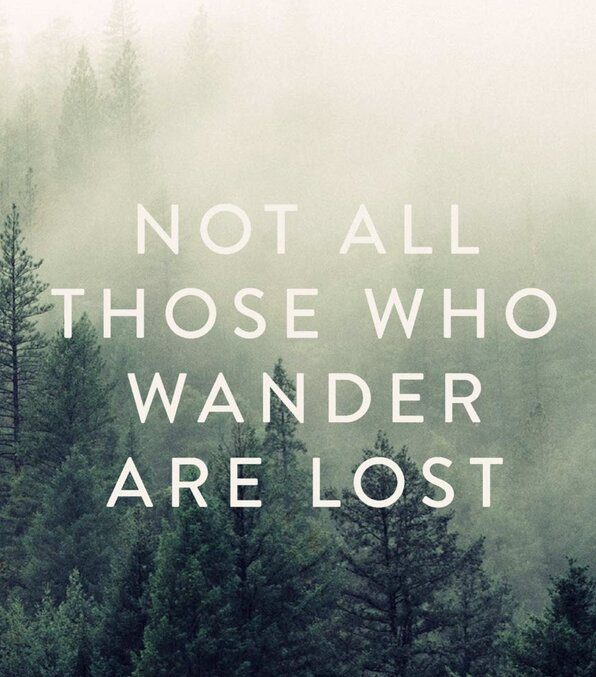


Comments are closed.